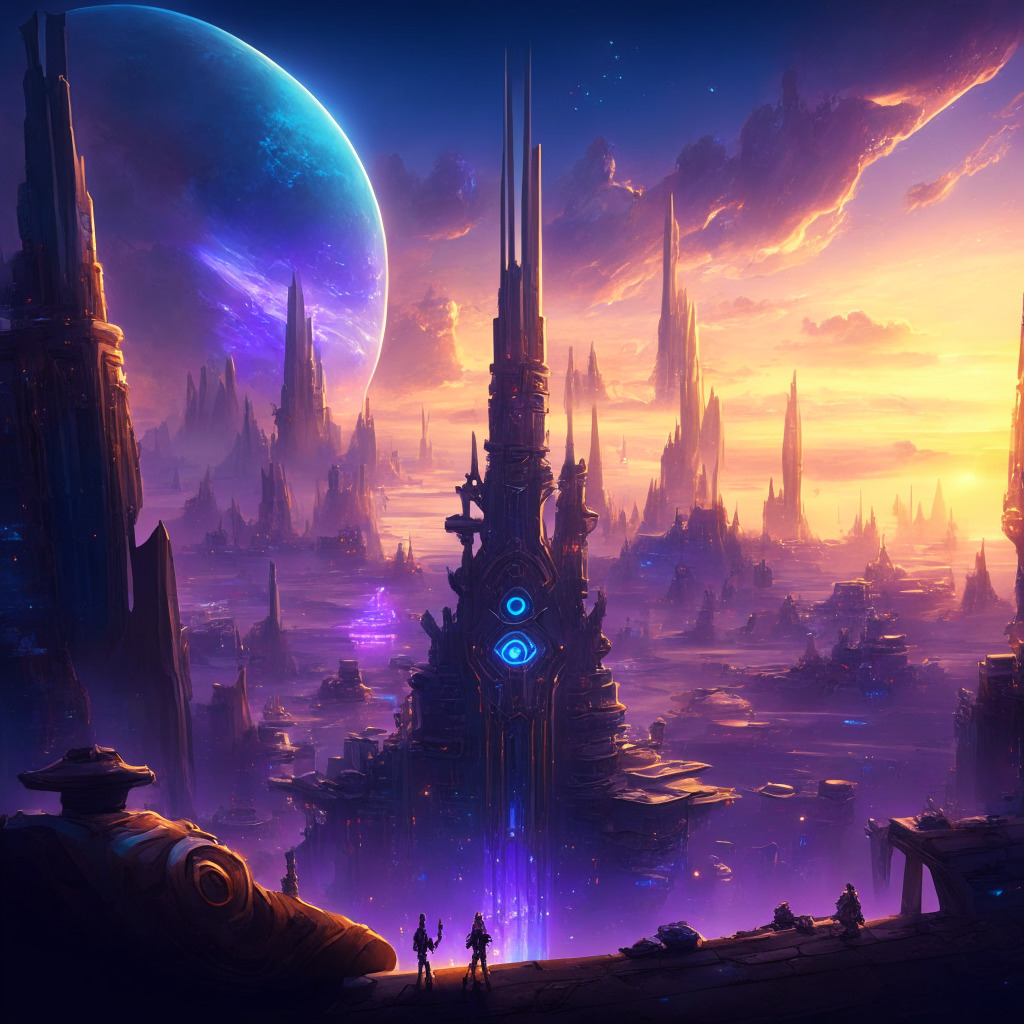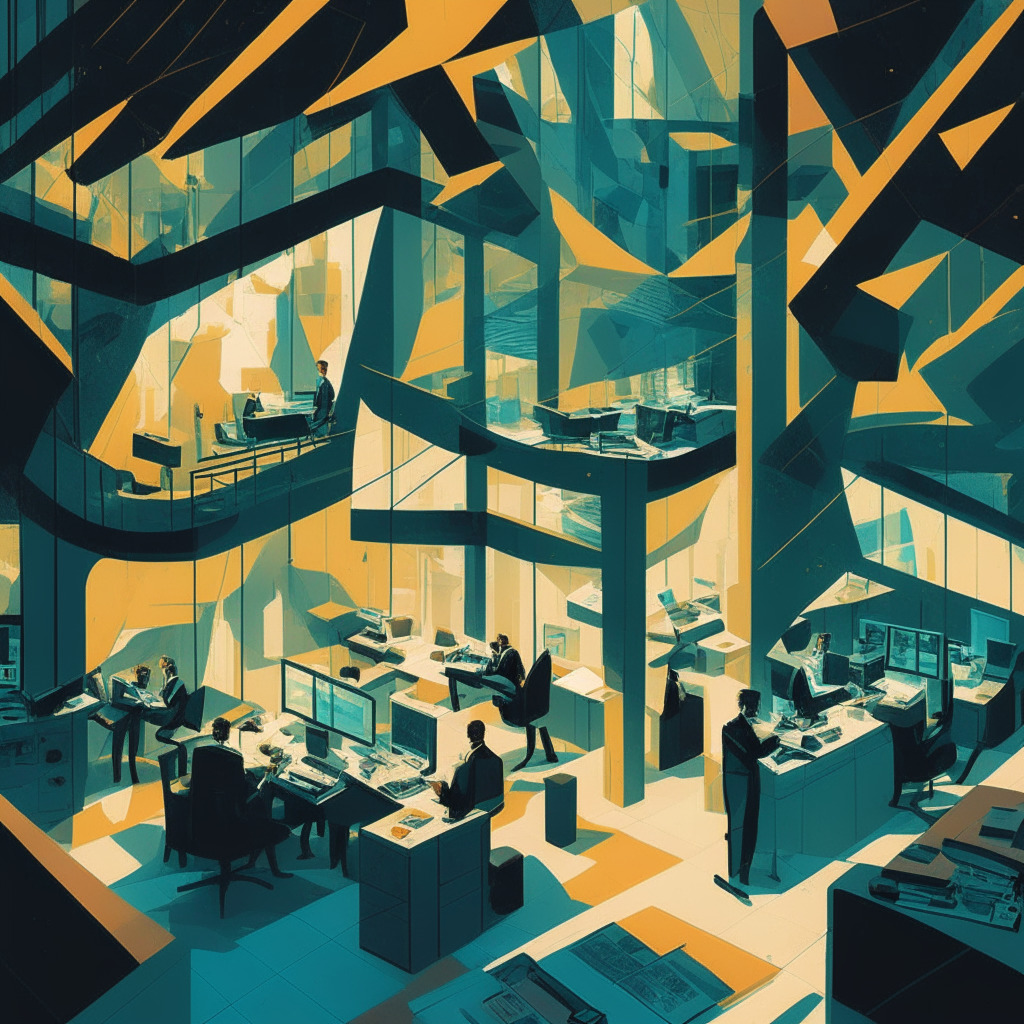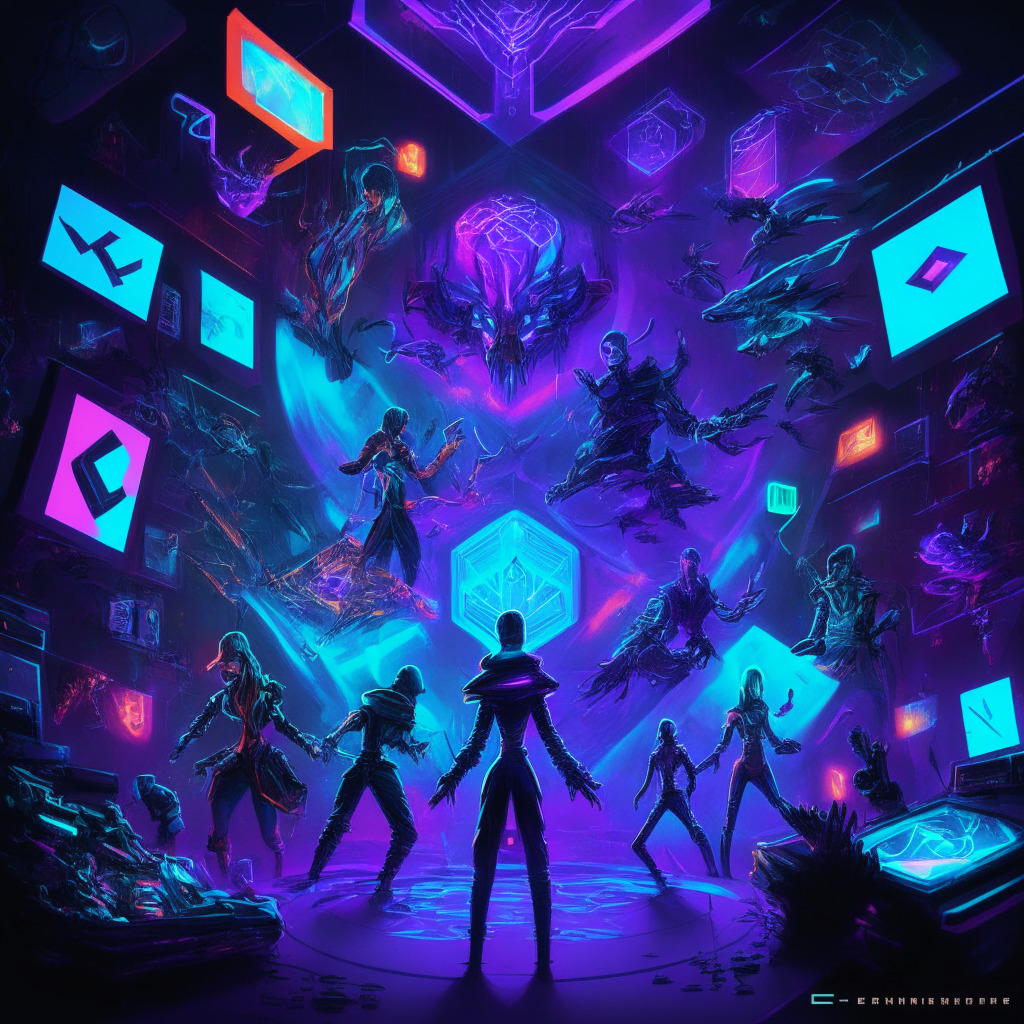The rapidly evolving world of technology has brought myriad advancements in various industries, and one sector that has been at the forefront is the gaming industry. Interestingly, the convergence of digital assets, such as cryptocurrencies, and gaming has generated a fascinating dynamic that can potentially solve longstanding issues faced by both developers and players alike. Specifically, incorporating blockchain technology into massively multiplayer online role-playing games (MMORPGs) might be the game changer many have been waiting for.
An interview with Chris Clay, the Immutable VP and Gods Unchained Game Director, sheds light on the possibility of leveraging crypto assets as a key to address a significant pain point in MMORPGs: the dreaded rollback. The immutable nature of blockchain, which ensures transactions and data are permanent and tamper-proof, can be the magic wand that developers have long sought to mitigate this issue.
With blockchain technology integrated into MMORPGs, a rollback can be prevented or reduced, as the entire gaming ecosystem’s data is stored securely on a decentralized ledger. It precludes the possibility of manipulation and loss of data, ensuring gamers a more stable gaming experience. As a result, the overall integrity of the gaming platform is bolstered, which would inevitably draw more players and developers to participate in the MMORPG market.
On the other hand, some may argue that the skeptical nature surrounding the adoption of cryptocurrencies outside their niche community is a limitation. With some countries adopting strict regulatory stances on digital assets and their potential use, integrating crypto into MMORPGs may face regulatory hurdles. Furthermore, if an MMORPG platform utilizing cryptocurrency is hacked or falls victim to malicious activity, players could potentially lose their in-game assets, eroding their trust in the blockchain-based gaming model.
However, as blockchain technology continues to mature, countermeasures to mitigate these concerns are also being developed. End-to-end encryption, for example, offers increased security and privacy when it comes to data transmission. Moreover, quantum computing is expected to revolutionize the way data is secured, proving that ongoing tech advancements complement the growth and sustainability of blockchain-based gaming platforms.
Meanwhile, for players, embracing this technology could provide tangible benefits like true ownership of in-game assets and monetizing their gaming experiences through decentralized markets. The implications of tokenizing in-game assets on blockchain platforms are profound, as it also eradicates the need for middlemen who might charge exorbitant fees to facilitate transactions.
The integration of blockchain technology into MMORPGs may bring about a paradigm shift within the gaming industry, offering solutions to age-old problems like the dreaded rollback. However, overcoming regulatory hurdles and skepticism surrounding the adoption of cryptocurrencies might also be a part of the journey. As the technology continues to evolve and tackle its limitations, it’s worth examining the pros and cons associated with this marriage of gaming and blockchain. Whoever said gaming is just pure fun clearly underestimated the impact it could make on broader technological advancements and the potential of blockchain technology.
Source: Decrypt




